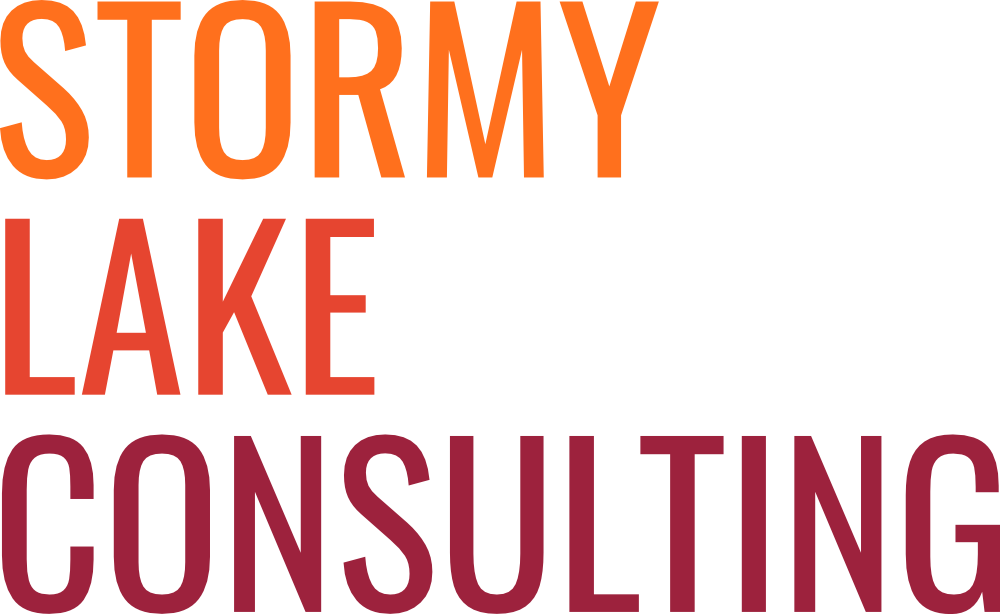The Equitable Weekly Update
Nobody understands the concept of fairness better than twins. At Stormy Lake, we’re blessed with two sets of twins who suffer from the disadvantage of research-oriented fathers.
One son was so adept at gauging which was the bigger serving–because it wasn't fair if their brother got it–that we conducted a test. A double-blind randomized trial to be specific. This gentle giant was able to gauge the size difference in a cupcake as little as 2 grams apart. This led to futile nuggets of wisdom such as “life isn’t fair”, “be the bigger man” and “it doesn’t matter anyway.” Ah, dinnertime strife–such magical parenting moments.
Which cupcake is bigger? Well worth figuring out for these Vegan Chocolate Cupcakes.
While cupcakes used to be a great draw to attend a work function, there are a few things that are automatic get-out-of-jail-free reasons to skip a meeting:
“My kid is sick.”
“Your boss wants to see me.”
“We just went into bankruptcy protection.”
And now we can add a fourth to the list, “I’m getting vaccinated.” It’s an instant, no apologies reason to reschedule. (People know you only need two shots so be careful how many times you use this excuse.)
One might postulate* that while the pandemic has brought us together as a society, even though we are physically apart, this cohesion is about to fall apart as we move through the vaccination phase. The reason is that our norms of fairness are starting to be challenged.
It is important to look at two aspects of fairness nicely encapsulated by the University of Minnesota:
Distributive fairness refers to our assessments about whether or not someone is receiving their fair share—the belief that we should each receive for our work a share proportionate to our contributions. We accept that frontline health care workers should get the first shots, but what about housekeepers and dishwashers in senior’s care homes? Is their contribution worth less than the nurse or doctor? Is distributing vaccines by age more fair than distributing by risk?
Procedural fairness refers to the fairness (or unfairness) of the procedures used to distribute available rewards. Procedural fairness is important because when we may not be able to judge that the vaccine distribution is fair, we need to believe that the process used to determine the distribution is fair.
Believing in fairness allows us to feel better because we can believe we live in a just world where we get what we deserve and deserve what we get.
Here’s the dilemma:
The seemingly random shutdowns of different sectors in different provinces leads people to question the procedural fairness of the pandemic decision-making process.
As different Canadian jurisdictions establish different rules for who gets the vaccines, we have more reasons to question the fairness of the rules in our province.
As we move out of COVID-19 (🤞🤞) and vaccinated people get to do different things than non-vaccinated people, the emphasis on unfair outcomes could be magnified.
This issue is emerging into our collective consciousness. An opinion article in yesterday’s Globe & Mail postulated*, “First-wave lockdowns were marked by fear. Second wave, by frustration. And now: anger.” The article goes on to describe the distributive and procedural fairness issues that are fueling our anger.
For most people, getting COVID is massively unfair. In other instances, we might feel that people have a hint more deservingness for getting COVID:
The Vancouver Canucks.
Partying visitors to Kelowna.
Donald Trump.
Every time we hear about someone getting vaccinated or getting COVID or being restricted, another mark in our fairness ledger is ticked. And what will they do when they are vaccinated? The Seattle Times gives us a glimpse:
“Hug my Mom.”
“Shake someone’s hand.”
“Water my office plants.”
"This is so stupid, but I can't wait to go to Marshalls and casually shop!"
I don't think anyone thinks these things are stupid. Although it’s probably a bit late for the plants.
In the next election, voters will not be able to judge the efficacy of the pandemic response because it won’t be over. Rather, they will judge the fairness of the response, more likely based on the perceived fairness of how decisions were made than on the results of those decisions. And we will compare the fairness of our situation with that of other first world countries.
While this phenomenon plays out globally, nationally and provincially, there is a critical local consideration. Don't fall into the fairness trap as your workplace starts to deal with people who have vaccines and people who do not. Make your decision-making process as transparent as possible so as to minimize perceptions of bias and unfairness. Let people work in a just workplace.
Stay safe, eat more cupcakes and buy enough to share.
* Our WOWU is postulate. This means to nominate or elect someone to an ecclesiastical office subject to the sanction of a higher authority. [Well, that doesn’t fit.] It also means to assume the truth of something as a basis for discussion. Until the bishop arrives in the form of your boss and postulates that only sheeple get vaccines. Then the entire fairness construct crumbles.
Here endeth the Update.



